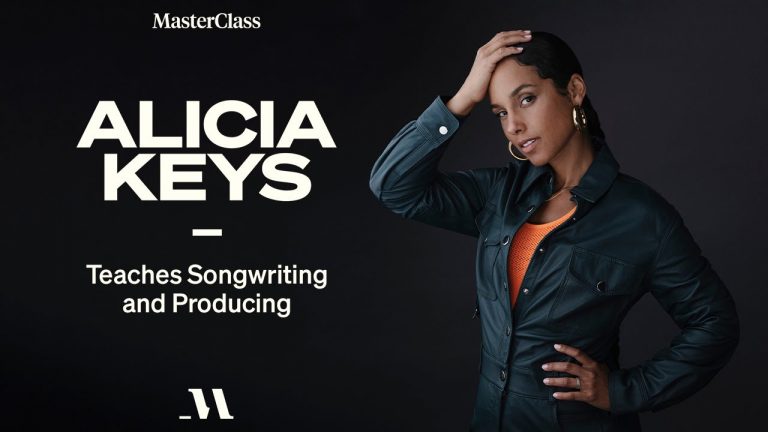To be sure, Alicia Keys (born Alicia Cook) is deeply, relentlessly, naturally talented. That much has been clear to the world since 2001, when her debut album, Songs in A Minor, swept the Grammy Awards. It was obvious to those closest to her long before.
When Alicia was growing up in the notorious Hell’s Kitchen neighborhood of New York, her mother—single, fierce—supplied ample encouragement. By age seven, Alicia had found her muse in the piano, the instrument that would inspire her stage name; soon she was creating original compositions, translating emotion into lyrical syllables and onto musical staffs. Her songs blend R&B, jazz, pop, soul, and classical music into a sound that’s at once familiar and inimitable. The accolades that she’s accumulated speak for themselves: 15 Grammys, seven hit studio albums, four No. 1 singles, more than 42 million records sold worldwide.
Here are my favourite take aways from viewing Alicia Keys Masterclass Session on Songwriting and Producing:
